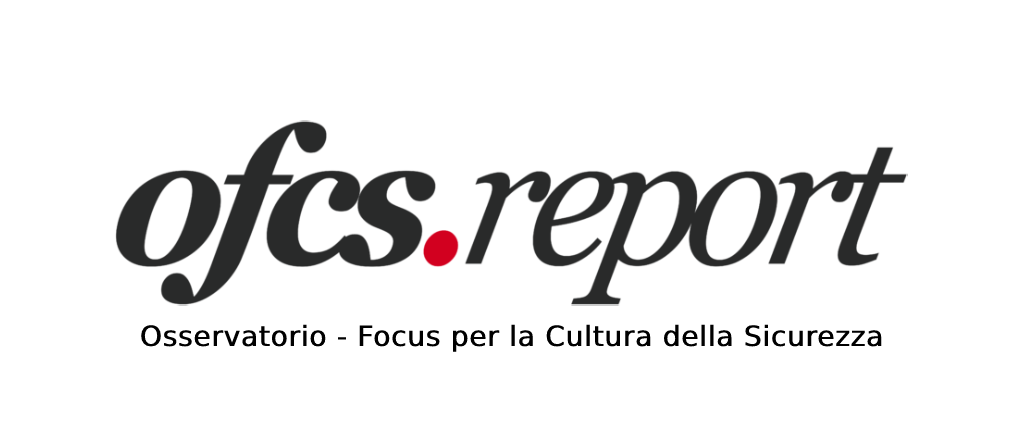Travel Security, Mitigating Risks in PSC Security Sub-contracting
In today’s global business landscape, organizations often rely on international security service providers to handle various aspects of their operations, including local personnel security logistics, risk management, and travel security. However, navigating the complexities and potential pitfalls associated with subcontracting these services is essential to ensure a seamless and secure supply chain. Indeed, it is important to acknowledge that no organization has the financial resources to invest in large-scale capital expenditures or operational expenses to purchase fleets of vehicles or directly hire substantial personnel. Subcontracting can offer a cost-effective solution that allows businesses to leverage the expertise and resources of skilled or semi-skilled service providers without incurring significant upfront costs. However, it is crucial to strike a balance between cost efficiency and maintaining compliance with legal, ethical, and human rights standards.
Let’s explore a practical example that highlights the challenges involved. Imagine a European company named COMPANY LTD that engages an international company called XYZ, specializing in security services across multiple African countries, to provide meet and greet services and escorts for their traveling personnel. After receiving a quotation and signing a contract with XYZ, COMPANY Ltd may overlook some critical factors that can impact the effectiveness and efficiency of the overall risk management process.
First and foremost, it’s important to note that XYZ, despite being the contracted security provider, may not have direct ownership of vehicles or employ their drivers and CPOs. As a result, XYZ subcontracts the meet and greet services to a local company, ABC, which, in turn, lacks the necessary resources. To fulfill the requirements, ABC further subcontracts the tasks to five additional sub-suppliers, each providing individual vehicles and personnel (DEF, GHI,etc..).
This fragmented subcontracting process presents several challenges. Firstly, there is a lack of transparency and visibility throughout the entire supply chain. COMPANY Ltd company may only receive limited information about the capabilities, qualifications, and compliance status of the sub-suppliers until the end of the chain. This lack of detailed insights hampers effective oversight and makes it difficult to assess the overall compliance and risk management framework.
Moreover, the incremental nature of subcontracting leads to cost escalations at each step of the chain. With a typical 15% increase per subcontractor, the final quotation received by COMPANY Ltd may significantly exceed a correct cost. This financial burden can impact budgeting, cost control, and overall profitability. Additionally, there are compliance and security concerns associated with this subcontracting approach. The vehicles involved in the process often lack proper insurance coverage, exposing the COMPANY Ltd to potential liabilities and financial risks in the event of accidents or incidents. Furthermore, the sub-suppliers may not possess the necessary permits, certifications, or legal qualifications required for security-related services. This lack of compliance and vetting compromises the safety and security of the COMPANY Ltd’s personnel and assets. To address these challenges and establish a standardized and secure supply chain, organizations must take proactive measures. Thorough due diligence on subcontractors, including their capabilities, compliance history, and reputation, is crucial. Clear contractual agreements with defined roles, responsibilities, and performance metrics should be established to ensure accountability and transparency. Implementing robust risk management protocols and conducting regular audits and inspections can help identify and mitigate potential vulnerabilities.
Furthermore, it is imperative to enforce proper insurance coverage throughout the subcontracting chain to safeguard against financial risks. Verifying the compliance and legal certifications of all subcontractors involved in the process is essential to ensure adherence to industry standards and regulatory requirements.
Ensuring compliance with human rights principles, including guaranteed minimum wages, is crucial for companies operating within the subcontracting chain. However, the intricate nature of multiple subcontracting layers often hinders the enforcement of such standards. As the subcontracting process trickles down to smaller entities, they face challenges in maintaining fair wages and labor conditions. These practices can perpetuate a cycle of non-compliance, where smaller players in the chain struggle to receive timely payments or may even be left unpaid upon completion of their work.
This situation not only poses ethical concerns but also undermines the overall sustainability and reputation of the supply chain. It is essential for organizations to prioritize responsible subcontracting practices, which include ensuring fair compensation and timely payments to all parties involved. By doing so, companies can foster a culture of respect for human rights, improve worker welfare, and promote equitable business relationships.
To address these issues, companies should establish clear guidelines and contractual agreements that uphold the principles of fair labor practices and human rights throughout the subcontracting chain. Conducting regular audits and assessments can help monitor compliance and identify any violations. Prompt payment policies should be implemented to ensure that all subcontractors, regardless of their position in the chain, receive timely and fair compensation for their services.
By proactively managing subcontracting practices and addressing these concerns, organizations can mitigate risks, enhance transparency, maintain compliance with regulations, and safeguard their personnel, assets, and reputation. Establishing a secure and standardized supply chain within the complex landscape of global security services is crucial for successful operations and effective risk management.
In conclusion, organizations should be aware of the challenges and risks associated with subcontracting security services, particularly in complex environments. By implementing comprehensive risk management strategies, conducting thorough due diligence, and establishing clear contractual agreements, companies can navigate the complexities of subcontracting and ensure a secure and standardized supply chain. This proactive approach not only mitigates risks but also enhances transparency, compliance, and overall operational efficiency.








